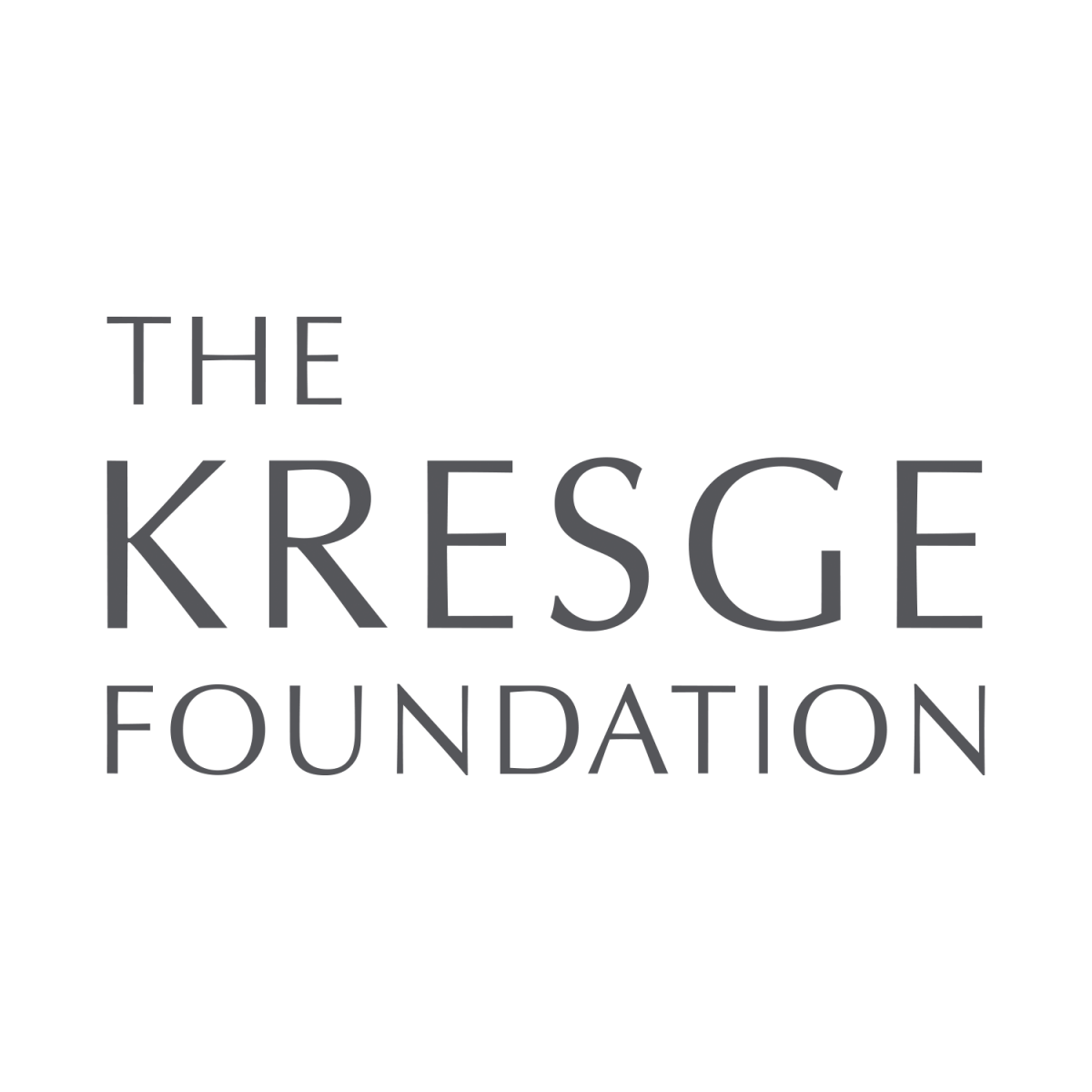Music Education Can Help Children Improve Reading Skills
ScienceDaily (Mar. 16, 2009) — Children exposed to a multi-year programme of music tuition involving training in increasingly complex rhythmic, tonal, and practical skills display superior cognitive performance in reading skills compared with their non-musically trained peers, according to a study published in the journal Psychology of Music.
According to authors Joseph M Piro and Camilo Ortiz from Long Island University, USA, data from this study will help to clarify the role of music study on cognition and shed light on the question of the potential of music to enhance school performance in language and literacy.
Studying children the two US elementary schools, one of which routinely trained children in music and one that did not, Piro and Ortiz aimed to investigate the hypothesis that children who have received keyboard instruction as part of a music curriculum increasing in difficulty over successive years would demonstrate significantly better performance on measures of vocabulary and verbal sequencing than students who did not receive keyboard instruction.
Several studies have reported positive associations between music education and increased abilities in non-musical (eg, linguistic, mathematical, and spatial) domains in children. The authors say there are similarities in the way that individuals interpret music and language and “because neural response to music is a widely distributed system within the brain…. it would not be unreasonable to expect that some processing networks for music and language behaviors, namely reading, located in both hemispheres of the brain would overlap.”
The aim of this study was to look at two specific reading subskills – vocabulary and verbal sequencing – which, according to the authors, are “are cornerstone components in the continuum of literacy development and a window into the subsequent successful acquisition of proficient reading and language skills such as decoding and reading comprehension.”
Using a quasi-experimental design, the investigators selected second-grade children from two school sites located in the same geographic vicinity and with similar demographic characteristics, to ensure the two groups of children were as similar as possible apart from their music experience.
Children in the intervention school (n=46) studied piano formally for a period of three consecutive years as part of a comprehensive instructional intervention program. Children attending the control school (n=57) received no formal musical training on any musical instrument and had never taken music lessons as part of their general school curriculum or in private study. Both schools followed comprehensive balanced literacy programmes that integrate skills of reading, writing, speaking and listening.
All participants were individually tested to assess their reading skills at the start and close of a standard 10-month school year using the Structure of Intellect (SOI) measure.
Results analysed at the end of the year showed that the music-learning group had significantly better vocabulary and verbal sequencing scores than did the non-music-learning control group. This finding, conclude the authors, provides evidence to support the increasingly common practice of “educators incorporating a variety of approaches, including music, in their teaching practice in continuing efforts to improve reading achievement in children”.
However, further interpretation of the results revealed some complexity within the overall outcomes. An interesting observation was that when the study began, the music-learning group had already experienced two years of piano lessons yet their reading scores were nearly identical to the control group at the start of the experiment.
So, ask the authors, “If the children receiving piano instruction already had two years of music involvement, why did they not significantly outscore the musically naïve students on both measures at the outset?” Addressing previous findings showing that music instruction has been demonstrated to exert cortical changes in certain cognitive areas such as spatial-temporal performance fairly quickly, Piro and Ortiz propose three factors to explain the lack of evidence of early benefit for music in the present study.
First, children were tested for their baseline reading skills at the beginning of the school year, after an extended holiday period. Perhaps the absence of any music instruction during a lengthy summer recess may have reversed any earlier temporary cortical reorganization experienced by students in the music group, a finding reported in other related research. Another explanation could be that the duration of music study required to improve reading and associated skills is fairly long, so the initial two years were not sufficient.
A third explanation involves the specific developmental time period during which children were receiving the tuition. During the course of their third year of music lessons, the music-learning group was in second grade and approaching the age of seven. There is evidence that there are significant spurts of brain growth and gray matter distribution around this developmental period and, coupled with the increased complexity of the study matter in this year, brain changes that promote reading skills may have been more likely to accrue at this time than in the earlier two years.
“All of this adds a compelling layer of meaning to the experimental outcomes, perhaps signalling that decisions on ‘when’ to teach are at least as important as ‘what’ to teach when probing differential neural pathways and investigating their associative cognitive substrates,” note the authors.
“Study of how music may also assist cognitive development will help education practitioners go beyond the sometimes hazy and ill-defined ‘music makes you smarter’ claims and provide careful and credible instructional approaches that use the rich and complex conceptual structure of music and its transfer to other cognitive areas,” they conclude.
--------------------------------------------------------------------------------
Journal reference:
Joseph M. Piro and Camilo Ortiz. The effect of piano lessons on the vocabulary and verbal sequencing skills of primary grade students. Journal Psychology of Music, 16th March 2009
Adapted from materials provided by SAGE Publications/Psychology of Music, via AlphaGalileo.
First Evidence That Musical Training Affects Brain Development In Young Children
ScienceDaily (Sep. 20, 2006) — Researchers have found the first evidence that young children who take music lessons show different brain development and improved memory over the course of a year compared to children who do not receive musical training.
The findings, published today (20 September 2006) in the online edition of the journal Brain [1], show that not only do the brains of musically-trained children respond to music in a different way to those of the untrained children, but also that the training improves their memory as well. After one year the musically trained children performed better in a memory test that is correlated with general intelligence skills such as literacy, verbal memory, visiospatial processing, mathematics and IQ.
The Canadian-based researchers reached these conclusions after measuring changes in brain responses to sounds in children aged between four and six. Over the period of a year they took four measurements in two groups of children -- those taking Suzuki music lessons and those taking no musical training outside school -- and found developmental changes over periods as short as four months. While previous studies have shown that older children given music lessons had greater improvements in IQ scores than children given drama lessons, this is the first study to identify these effects in brain-based measurements in young children.
Dr Laurel Trainor, Professor of Psychology, Neuroscience and Behaviour at McMaster University and Director of the McMaster Institute for Music and the Mind, said: "This is the first study to show that brain responses in young, musically trained and untrained children change differently over the course of a year. These changes are likely to be related to the cognitive benefit that is seen with musical training." Prof Trainor led the study with Dr Takako Fujioka, a scientist at Baycrest's Rotman Research Institute.
The research team designed their study to investigate (1) how auditory responses in children matured over the period of a year, (2) whether responses to meaningful sounds, such as musical tones, matured differently than responses to noises, and (3) how musical training affected normal brain development in young children.
At the beginning of the study, six of the children (five boys, one girl) had just started to attend a Suzuki music school; the other six children (four boys, two girls) had no music lessons outside school.
The researchers chose children being trained by the Suzuki method for several reasons: it ensured the children were all trained in the same way, were not selected for training according to their initial musical talent and had similar support from their families. In addition, because there was no early training in reading music, the Suzuki method provided the researchers with a good model of how training in auditory, sensory and motor activities induces changes in the cortex of the brain. Brain activity was measured by magnetoencephalography (MEG) while the children listened to two types of sounds: a violin tone and a white noise burst. MEG is a non-invasive brain scanning technology that measures the magnetic fields outside the head that are associated with the electrical fields generated when groups of neurons (nerve cells) fire in synchrony. When a sound is heard, the brain processes the information from the ears in a series of stages. MEG provides millisecond-by-millisecond information that tracks these stages of processing; the stages show up as positive or negative deflections (or peaks), called components, in the MEG waveform. Earlier peaks tend to reflect sensory processing and later peaks, perceptual or cognitive processing.
The researchers recorded the measurements four times during the year, and during the first and fourth session the children also completed a music test (in which they were asked to discriminate between same and different harmonies, rhythms and melodies) and a digit span memory test (in which they had to listen to a series of numbers, remember them and repeat them back to the experimenter).
Analysis of the MEG responses showed that across all children, larger responses were seen to the violin tones than to the white noise, indicating that more cortical resources were put to processing meaningful sounds. In addition, the time that it took for the brain to respond to the sounds (the latency of certain MEG components) decreased over the year. This means that as children matured, the electrical conduction between neurons in their brains worked faster.
Of most interest, the Suzuki children showed a greater change over the year in response to violin tones in an MEG component (N250m) related to attention and sound discrimination than did the children not taking music lessons.
Analysis of the music tasks showed greater improvement over the year in melody, harmony and rhythm processing in the children studying music compared to those not studying music. General memory capacity also improved more in the children studying music than in those not studying music.
Prof Trainor said: "That the children studying music for a year improved in musical listening skills more than children not studying music is perhaps not very surprising. On the other hand, it is very interesting that the children taking music lessons improved more over the year on general memory skills that are correlated with non-musical abilities such as literacy, verbal memory, visiospatial processing, mathematics and IQ than did the children not taking lessons. The finding of very rapid maturation of the N250m component to violin sounds in children taking music lessons fits with their large improvement on the memory test. It suggests that musical training is having an effect on how the brain gets wired for general cognitive functioning related to memory and attention."
Dr Fujioka added: "Previous work has shown assignment to musical training is associated with improvements in IQ in school-aged children. Our work explores how musical training affects the way in which the brain develops. It is clear that music is good for children's cognitive development and that music should be part of the pre-school and primary school curriculum."
The next phase of the study will look at the benefits of musical training in older adults.
________________________________________
Adapted from materials provided by Oxford University Press, via EurekAlert!, a service of AAAS.







